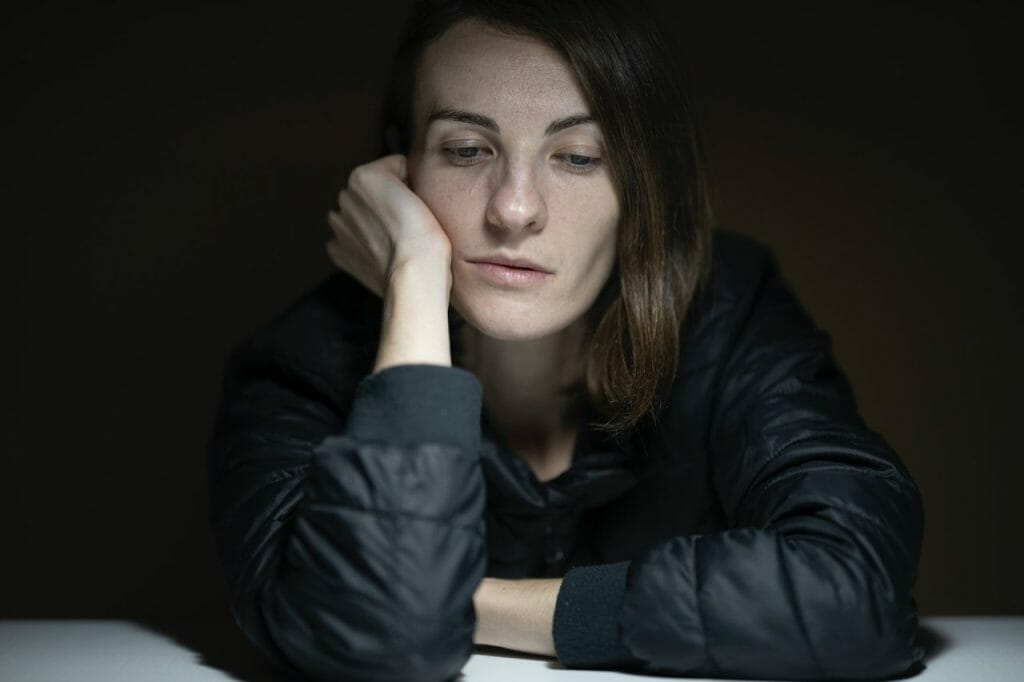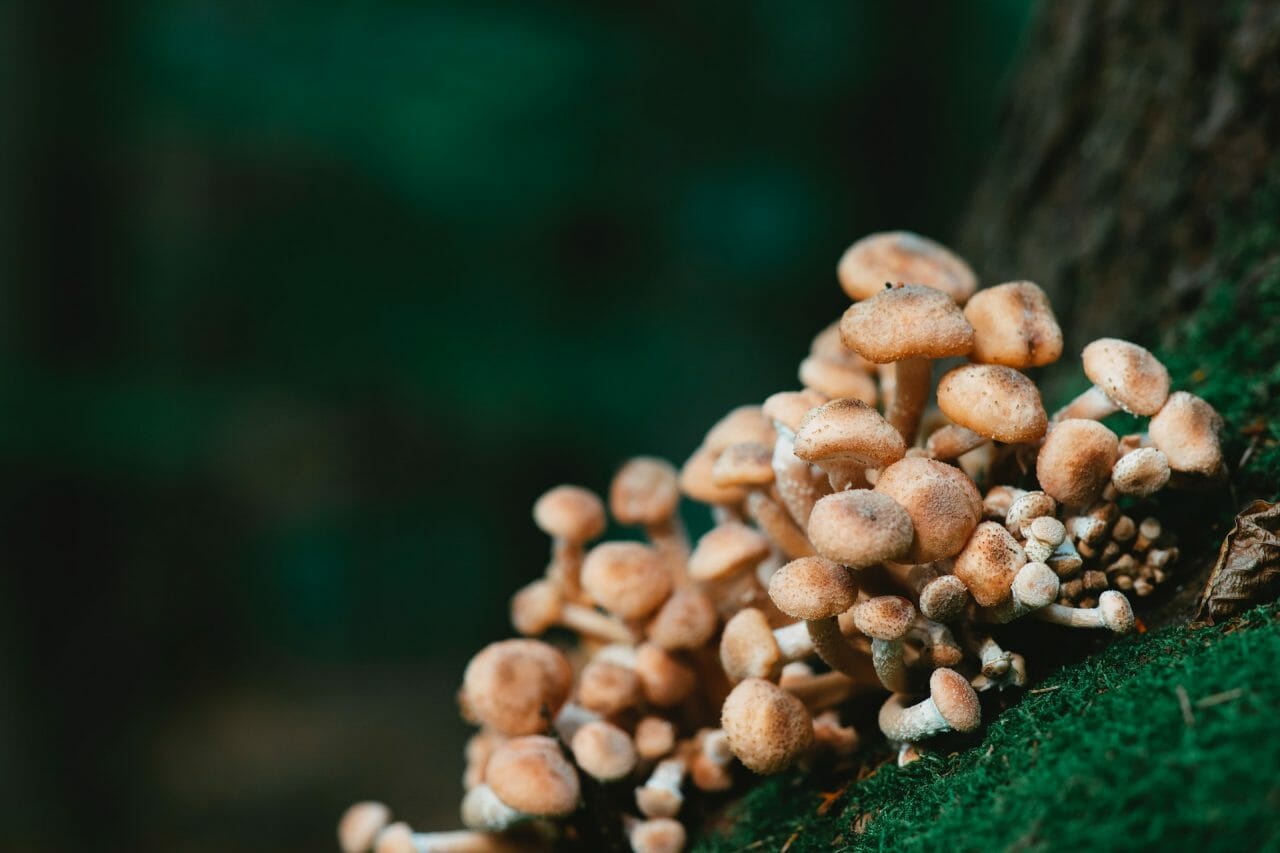The World Health Organization (WHO) reports that globally, over 264 million people suffer from depression.
Although conventional treatments can be beneficial, they often fall short in addressing the complex nature of depression. This issue has led to a growing interest in alternative therapies. One such alternative, which is gathering scientific and public attention, is the use of mushrooms containing psilocybin, obtained from a mushroom dispensary, to treat depression.
We invite you to delve into the world of mushroom dispensaries, understand their role in treating depression, and examine compelling statistics that underscore their potential to revolutionize our approach to this widespread mental health concern.
Highlights:
- Mushroom dispensaries offer alternative depression treatments with mushrooms rich in psilocybin.
- Research suggests that psilocybin can significantly and durably reduce depression symptoms.
- Psilocybin therapy represents a budding trend that is redefining mental healthcare.

Understanding Psilocybin and its Therapeutic Potential
Psilocybin is a natural substance found in certain mushroom species, commonly referred to as “magic mushrooms.” When ingested, the body converts psilocybin into psilocin, which affects the brain’s serotonin receptors. This interaction induces significant changes in perception, mood, and consciousness, generally linked to psilocybin intake.
Investigations into the potential of psilocybin as a depression treatment have yielded remarkable findings. Clinical trials and studies show that a single, precisely administered dose of psilocybin can result in substantial decreases in depressive symptoms. Patients reported profound and long-lasting improvements in their mental health and overall well-being.
These findings have fueled a surge in interest and investment in exploring psilocybin as a novel treatment option for depression, especially for individuals who haven’t found success with conventional therapies.
Magic Mushroom’s Encouraging Results in Depression Treatment
Dispensaries
Often referred to as psilocybin-containing mushrooms, magic mushrooms have gained attention due to their potential to alleviate depression. This article will explore different types of magic mushrooms and their possible impact on depression.
| Magic Mushroom Type | Description | Potential Advantages for Depression |
| Golden Teacher | A popular psilocybin mushroom characterized by its golden cap. | It might reduce depressive symptoms and improve emotional health. This species may promote introspection and self-reflection, helping individuals to discover new insights into their depression. Some users have reported feelings of unity and interconnectedness, which may help to counter the isolation often associated with depression. |
| Psilocybe Cubensis | One of the most widespread species of magic mushrooms. | It’s known for inducing positive mood changes and shifts in life outlook. May enhance emotional processing and help individuals tackle the root causes of their depression. The altered state of consciousness it creates can help users break away from rigid thinking patterns and foster a more optimistic mindset. |
| B+ | Identified by its large, bulb-shaped fruiting bodies. | May lead to significant, lasting reductions in depressive symptoms. Users frequently report gaining clarity and understanding about their emotions and life circumstances. The therapeutic journey might aid in releasing suppressed emotions and traumas, providing relief from depression. |
| Liberty Cap | Small, cone-shaped mushrooms that are found in various regions. | They are known to produce intense emotional experiences that may positively influence depression. During Liberty Cap experiences, users often report heightened sensitivity and empathy, which can facilitate emotional healing and connection. The immersive and profound nature of the psychedelic journey may help individuals understand the root causes of their depression. |
| Penis Envy | Notable for its unique, phallic-like shape. | Associated with deep insights and shifts in depressive thought patterns. Users typically report experiencing ego dissolution, allowing them to confront their depression without the usual constraints of their identity. The intensity of the experience may lead to therapeutic breakthroughs, resulting in long-term improvements in mental health. |
| Blue Meanie | A potent strain identified by its bluish hue. | This hue is believed to induce a sense of calm and relaxation, potentially alleviating symptoms of anxiety and depression. Many consumers have reported experiencing a sense of inner peace and emotional release during their interactions with Blue Meanie, which could potentially boost mental well-being. Renowned for its gentle yet introspective properties, this strain could be particularly suitable for those seeking a less intense psychedelic experience for therapeutic purposes. |
The Role of Magic Mushroom Dispensaries in Depression Therapy
Magic mushroom dispensaries, also known as shops, play a critical role in depression therapy, providing a structured and regulated environment for those seeking potential therapeutic solutions.
The Function of Health Canada
In Canada, Health Canada is the federal body responsible for ensuring the safety, effectiveness, and quality of therapeutic products like psilocybin, found in magic mushrooms.
Approval of Therapeutic Products
Health Canada has recently granted exemptions and approvals for the use of psilocybin in specific clinical and research contexts for certain medical conditions, including depression. This policy shift signifies a growing recognition of the potential therapeutic benefits of psilocybin.
Potential Therapeutic Uses
Magic mushroom dispensaries may offer a novel and promising therapeutic approach for individuals affected by depression. With appropriate authorization and under certain conditions, individuals can explore the benefits of psilocybin therapy to mitigate depression symptoms.
A Supervised and Regulated Environment
Magic mushroom dispensaries provide a supervised and regulated environment for those seeking psilocybin therapy, ensuring the experience is conducted safely under the guidance of experienced professionals.
Compliance with Health Canada Regulations
Dispensaries must adhere to Health Canada’s regulations and guidelines when distributing psilocybin-based products for therapeutic purposes. They play a crucial role in ensuring adherence and that therapy is conducted responsibly and ethically.
Navigating Psilocybin Therapy Through a Mushroom Shop
Undergoing psilocybin therapy through a mushroom shop can potentially be a transformative and beneficial journey. However, it’s of utmost importance
Approach this responsibly and with prudence. Here are some recommendations to guide you through this journey:
- Conduct Detailed Research: Begin by delving deep into psilocybin therapy and researching the specific mushroom store you intend to patronize.
- Seek Expert Guidance: Before contemplating psilocybin therapy, consult with a mental health professional or a therapist who specializes in psychedelic-assisted treatments. They can assess your suitability for such therapy and provide invaluable advice.
- Choose a Reputable Store: Look for customer reviews, official endorsements, and evidence of compliance with local regulations.
- Understand the Entire Process: Familiarize yourself with the full therapy process, including the preparatory phase, the psychedelic journey, and the post-experience integration. Awareness of what to expect can alleviate anxiety and enhance therapeutic outcomes.
- Prepare Mentally and Emotionally: Mentally and emotionally prepare for the experience. Set clear intentions for your therapy session, and be ready to confront any challenging emotions or thoughts that may arise.
- Ensure a Safe Environment: Ensure that the mushroom store provides a safe and comfortable environment for your therapy session, including appropriate lighting, music, and the presence of trained facilitators to assist you if necessary.
- Follow Dosage Guidelines: Adhere to the recommended dosages provided by the mushroom store or your healthcare provider. Avoid self-medication or consuming unknown substances as it can be dangerous.
Conclusion
Mushroom stores offering psilocybin therapy are emerging as a viable alternative for treating depression. Despite the diverse legal and regulatory landscapes these stores operate within, an increasing volume of research and firsthand experiences highlight their potential to alleviate depressive symptoms and provide individuals with new perspectives on their mental health.
As the domain of psychedelic-assisted therapy continues to evolve, the role of mushroom stores in reshaping the landscape of depression treatment offers hope to those seeking innovative mental health solutions.
Frequently Asked Questions
How do I find a reliable mushroom dispensary for depression treatment?
To find a reliable mushroom dispensary, thorough research is crucial. Search for stores that adhere to local laws and safety protocols. Consult with
Ensure you consult with healthcare professionals or individuals experienced in this field. Verify the dispensary’s credibility by understanding their facilitators’ qualifications and their commitment to ethical practices.
How long does the therapeutic effect of psilocybin therapy last in the treatment of depression?
The therapeutic impact of psilocybin therapy varies among individuals. Some may experience immediate relief, while others notice a gradual improvement. Studies suggest that the benefits can be maintained for several weeks to months following a single session. However, the duration of these effects may also depend on the integration process and ongoing support.
Is psilocybin therapy sufficient as a standalone treatment for depression, or should it be combined with other therapies?
Psilocybin therapy is typically incorporated into a comprehensive treatment plan for depression. It is often paired with conventional therapies like psychotherapy, counselling, or medication to enhance its effectiveness. The choice of treatment strategies should be customized to meet individual needs and be directed by the recommendations of healthcare professionals.
What other magic mushroom products can be used for treating depression?
In addition to traditional magic mushrooms, other magic mushroom products for addressing depression include psilocybin microdosing capsules, psilocybin-enriched edibles such as chocolates or gummies, liquid extracts or tinctures, and psilocybin nasal sprays. These alternative psilocybin delivery methods provide a variety of dosing options and ways of administration, including precise microdosing for nuanced mood enhancement.
Related Article:





